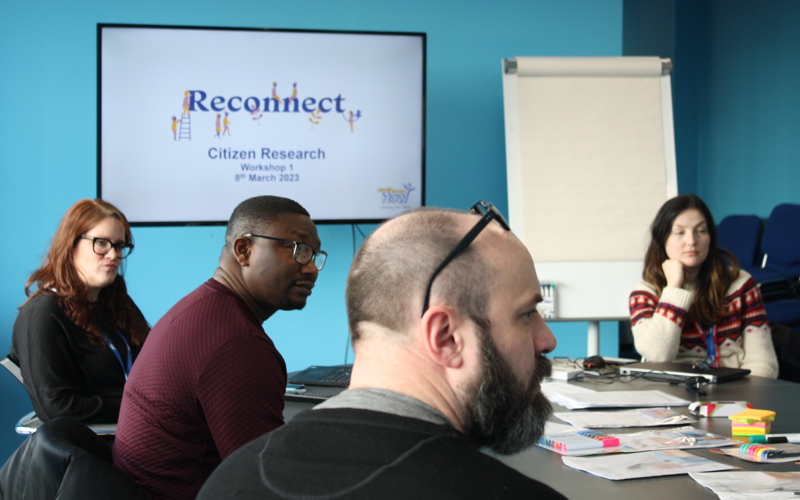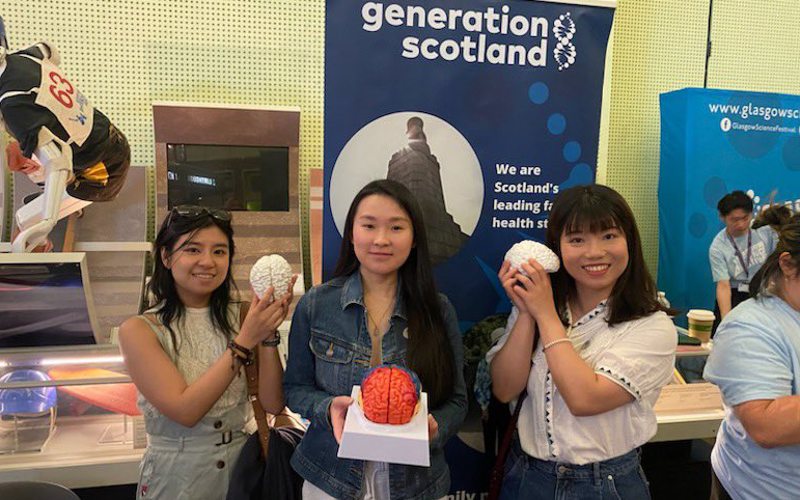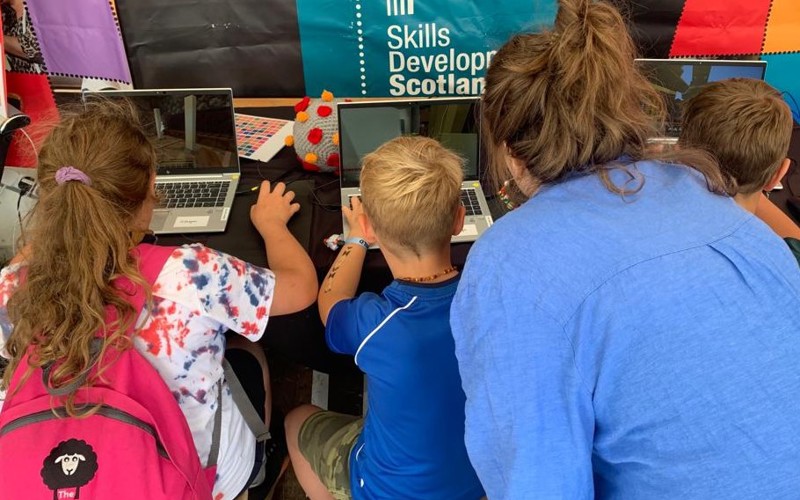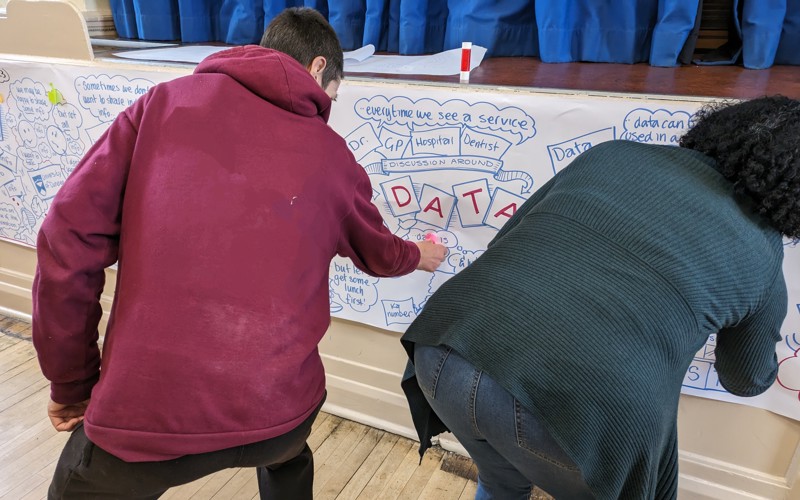
Creating a lasting impact through public engagement
Five months into our Public Engagement Fund, Katie Oldfield, Public Engagement Manager, provides an update on the funded projects and shares her thoughts on the importance of creating a lasting impact.
Katie Oldfield
11 Sept 2023





